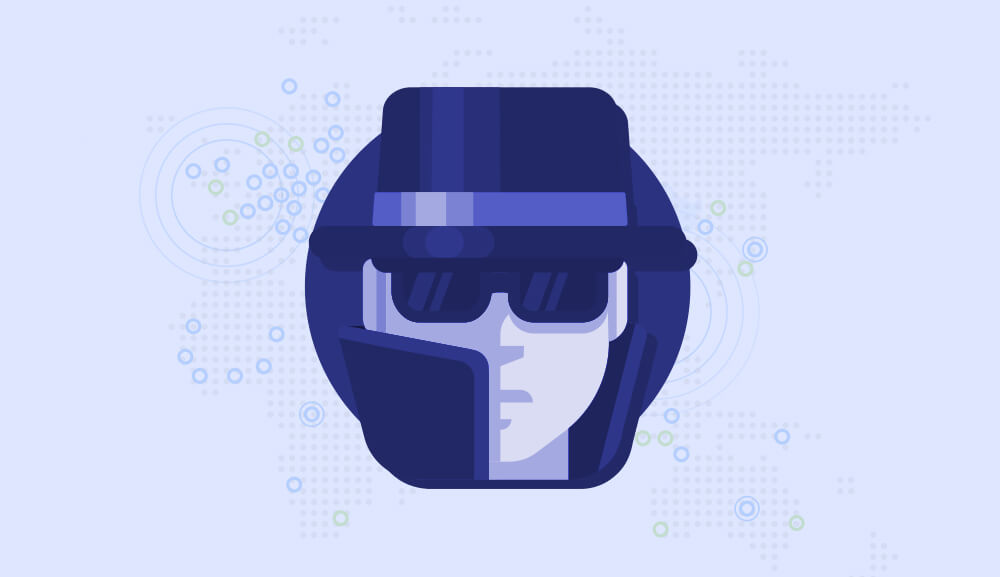VPN or Virtual Private Network lets you create a secure and private connection to the internet through another network giving you online privacy and anonymity. VPNs mask your IP address and make you untraceable, your online activity and IP address remains hidden from your ISP and the websites that you visit, granting you a secure and encrypted connection to the internet.
How does a VPN work?
A VPN makes you untraceable by hiding your IP address and it does do by creating a data tunnel between your local network and another network located in any part of the world making it look like that you are actually located in that part. VPNs make it look like that you are located in any other part of the world by masking your IP address and thus your real IP address remains hidden.
VPNs protect you from tracking by your ISP as without VPN, your ISP can find out your entire browsing history and internet activity even if you are in incognito mode, however, with VPN, all of your browsing history and internet activity is linked with the VPN server’s IP address and not your real IP address and hence your ISP can’t track your online activity.
Any online website that you visit or search engines can’t also link anything to your real IP address because when you visit a website then the IP address of the VPN’s server is shown to them instead of your real IP address.
VPNs also make sure that your data is unreadable and it does so by encrypting the data that is sent over a Wi-Fi network or mobile network. The encryption nowadays is of military-grade that is almost impossible to crack and your data is deemed as unreadable. This is useful when you are using a public Wi-Fi network as no one will be able to see what you’re doing online.
Advantages of a VPN
A VPN can provide your online anonymity and also protect your data. Here are some advantages you get when you use a VPN.
Hides your online activity and browsing history
Without a VPN your online activity and browsing history is vulnerable and your ISP & web browser can track everything that you do online and link that to your IP address. Also, some websites that you visit also keep a history.
In such cases, a VPN comes in handy and it hides your online activity and browsing history from everyone, making you anonymous. So, you can do anything you want without having to worry about anything.
Hides your IP address and location
If someone has the IP address of your device then it can lead back to your device. It can also be used to find what you have been doing over the internet and the geographical location of your device.
But if you are using a VPN then it masks your real IP address and instead the IP address of the VPN’s server is shown and no one is able to track or link anything back to your device.
Can be used for location spoofing
If you have some websites or services blocked in your area then you can use a VPN for location spoofing and access those websites/services. With the help of a VPN, you can choose the location where those websites and services are unblocked and be able to access those websites and services.
Encrypts your online data
VPNs also encrypt your online data and prevents the data from being accessed by anyone. All of your online data is secured before being sent across the network and encryption is of military-grade which is impossible to crack, as of yet.
Torrenting
It is considered illegal to download anything via Torrents but if you are downloading completely legal files that don’t have any copyright then you can download them. As torrenting takes full advantage of your internet bandwidth and gives the maximum download speed possible and due to this, your ISP can intentionally slow down your internet connection or throttle it. In such cases, you can use a VPN to trick your ISP and overcome the throttling barrier set up by your ISP.

